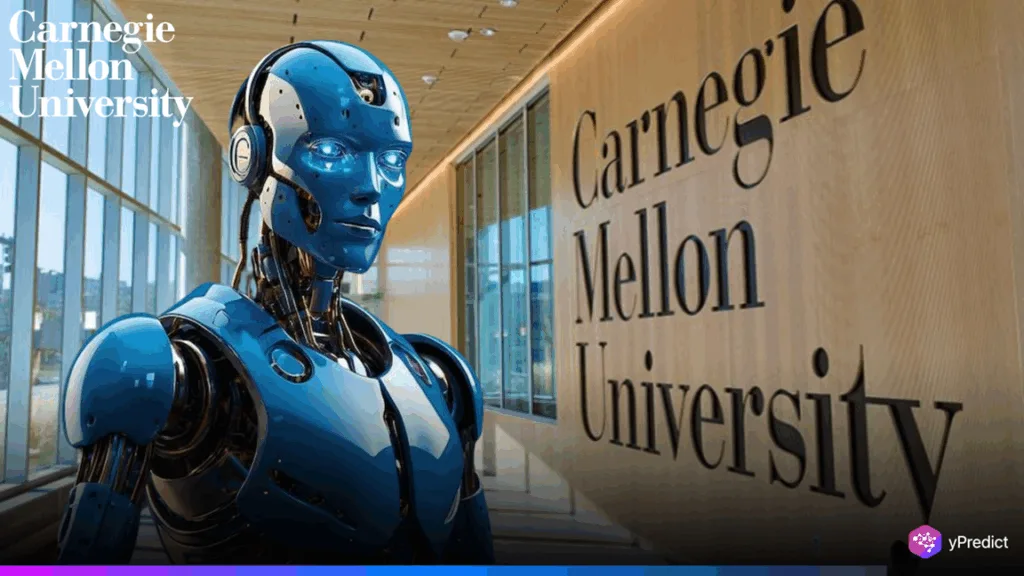
Carnegie Mellon University (CMU) has stepped into the era of artificial intelligence research recently. This venture comes after a massive $15.5 million investment from tech giant Arm and SoftBank Group. Announced on May 15, 2025, this funding will power CMU’s fast-growing partnership with Keio University in Japan. This agreement is a part of a broader $110 million bid to strengthen U.S.-Japan AI collaboration.
A Bold Vision for AI: The Carnegie-Keio Partnership
The Carnegie-Keio Partnership was initiated to bring together the brightest minds in AI from both the U.S. and Japan. The goal of this partnership is to make innovations that will reshape how the world uses and understands artificial intelligence. Over the past year, researchers from both universities have collaborated actively and built the foundation for strong AI research.
Massive Investment Unveils Several AI Opportunities for CMU
This new wave of funding unlocks a host of opportunities. For starters, Carnegie Mellon University researchers will gain access to Arm’s cutting-edge hardware and software through its Academic Access model, meaning students and faculty will get hands-on experience with the same tools used in industry-leading AI applications.
But this partnership is not limited to just the infrastructure. The investment also includes the creation of the SoftBank Group-Arm Fellowship, a new program supporting Ph.D. students at CMU working on advanced AI projects. From summer research for undergrads to real-world internships and capstone collaborations, this initiative puts talent development front and center.
Where is the Carnegie Mellon AI Research Headed?
The AI research by the two universities is focusing on four major areas. In these sectors, AI may have the power to transform industries:
Multimodal and Multilingual Learning
The first focus is on AI that can understand and communicate across different languages and data formats. Researchers aim to reduce common issues like “hallucinations” in large language models, especially when dealing with visual or complex inputs. Hallucinations refer to when a large language model generates false or misleading information
Embodied AI for Robotics
This suggests that CMU will work on making robots more self-aware. They plan to make robots able to understand their own capabilities and navigate real-world environments like homes, hospitals, or disaster zones with greater ease.
Human-AI Symbiosis
This wing of CMU-Keio’s research will focus on high AI can be developed to interact more humanely. This area explores everything from non-verbal communication to social cues, helping machines interact more naturally with humans.
AI for the Life Sciences
From analyzing biomedical images to decoding molecular data, this research could accelerate scientific discoveries in health and medicine. In due time, AI will redefine how healthcare works for the public.
Backing from Global Tech Leaders Could Boost AI Advancement
Leaders from Arm and SoftBank are enthusiastic about what this partnership represents. CMU School of Computer Science Dean Martial Hebert said the collaboration, with strong industry support, will help unlock breakthroughs with global impact. Khaled Benkrid of Arm emphasized the importance of equipping future AI leaders with powerful tools. Tim Mackey of SoftBank Group also highlighted the strategic value of international interest in AI for encouraging talent.
What Lies Ahead for the Carnegie Mellon-Keio Partnership?
With this significant investment, Carnegie Mellon University is poised to cement its place at the frontier of AI research. The Carnegie-Keio Partnership isn’t just a research collaboration, it will prove to be a global alliance shaping the next chapter of artificial intelligence.






